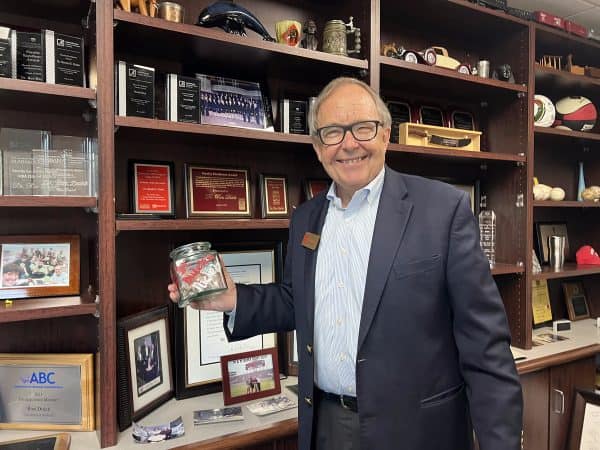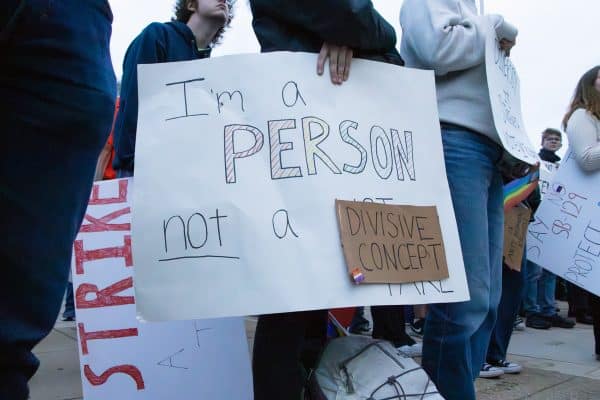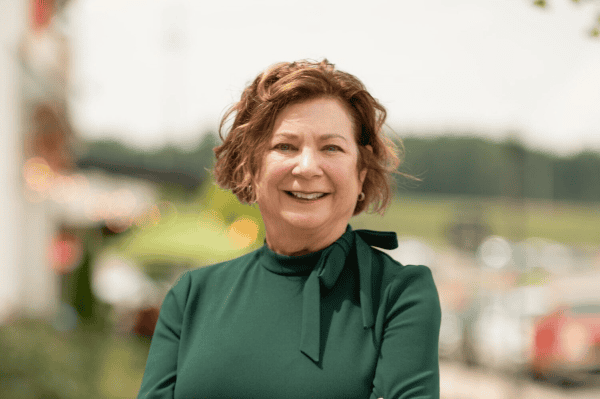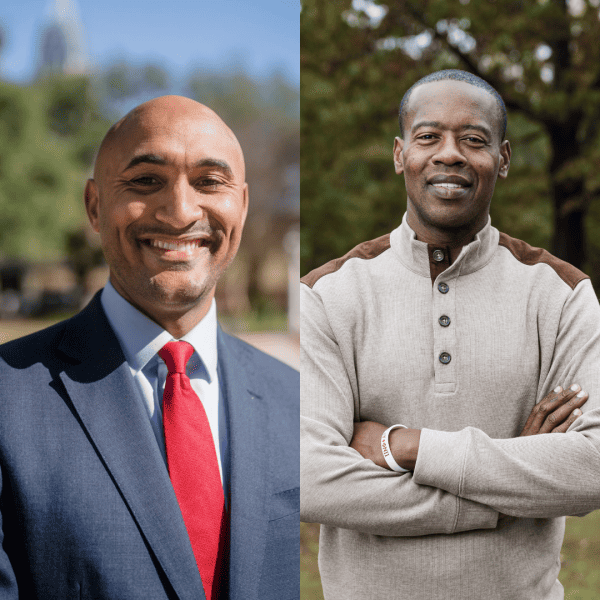Letter from the Managing Editor
We’ll never go back to normal, but we can go forward.
August 4, 2021
This story was featured in Horizons, a special edition of The Crimson White for freshmen and transfer students. Horizons can be found on newsstands across campus, or online here.
In the span of one week in March 2020, our lives turned upside down when the increasingly evident danger of the COVID-19 pandemic sent us into a world of nose swabs and social
distancing.
Sixteen months later, The University of Alabama is prepared to put that world in the past. Vaccines have been available for months, Bryant-Denny Stadium is expected to be at full capacity, and many students are ready for things to go back to normal.
After a year of interacting with the world through a computer screen, normal is a distant memory. For some, normal feels like an impossibility. Over 600,000 Americans dead from COVID-19 is not something we can just put behind us.
The spread of contagious variants and the rise in hospitalizations are beginning to feel like a repeat of last March, especially as Alabama’s vaccination rate lingers below 40%.
This isn’t what any of us want to hear. This isn’t what any of us want to deal with right now. We want the time before the pandemic back, the freedom to meet our professors face-to-face and visit our friends’ dorms and walk down the Strip with a group of friends on a Friday night.
While we may get those freedoms back this year, the truth is none of it will feel the same. There are deep wounds in our communities thanks to the pandemic. This year of isolation has been damaging for our mental and emotional health, not just our bodies.
There is no magical switch, not even the vaccine, that will put everything back to normal. We may spend the rest of our lives wondering what our college years would’ve, could’ve, should’ve been like without the pandemic, but that would be nothing more than wishful thinking. What we can do now is go forward.
Over the past year, we’ve developed an entirely new way of participating in society that is more accessible for everyone. We have seen the importance of extending empathy to each other in school, work and everyday life. We have learned to be more gracious to our most vulnerable groups and to advocate for ourselves during times of crisis.
Like it or not, we all have a vested interest in caring for each other to get through tough times. That is not a lesson we can simply forget.
So when you step foot on campus for the first time, make sure you remember this. Things may not be the same as before, but we have the ability to make them better. You can make them better.
When you become part of the community, you’ll inevitably notice something you don’t like, whether it’s the COVID protocols or the financial decisions or something else. How do you think professors should accommodate quarantining students this semester? How much should students be paying for “on-campus” housing when they ended up being moved to the Lofts? What are your thoughts on the University switching to Outlook? Find the people who are upset about the same things you are. Try to make things better, together.
These are lessons that should not be put aside, but rather incorporated into the next steps of our lives as we move beyond COVID-19. The ability to work and attend class from home, for example, has opened many doors for people with disabilities or people with busy family lives. The vaccine has been made widely available for free due to its vital role in public health, opening the door for life-saving treatments to become affordable for the average American.
Start by paying attention to the campus community. Talk to someone from somewhere you’ve never visited. Ask your professor about that interesting tangent that isn’t on the final. Pay attention to those UA News emails to see what the University administration is doing next.










